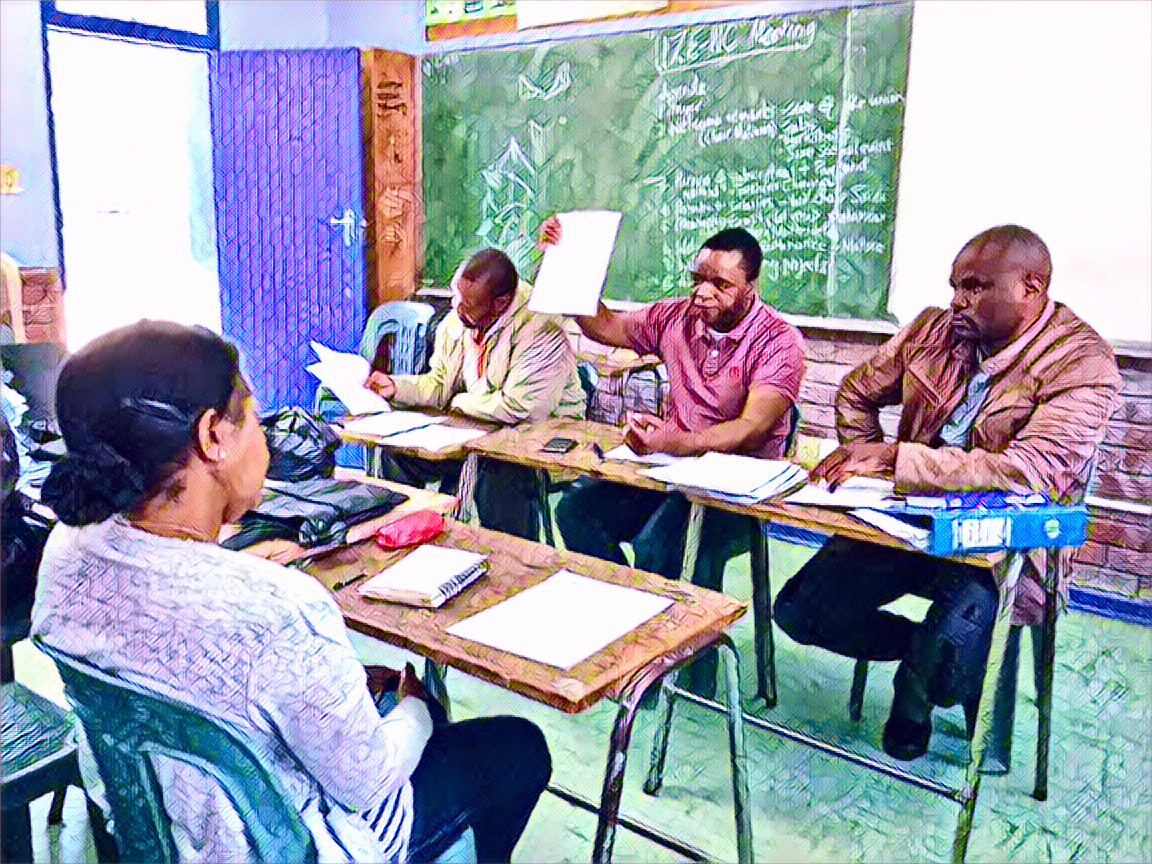In a remarkable display of unity and resolve, the Amalgamated Rural Teachers Union of Zimbabwe (ARTUZ) orchestrated a nationwide sit-in on the first day of the 2024 school year. This dramatic action underscores a deep-seated frustration over inadequate salaries and challenging working conditions.
The union’s stance is clear: an increase in the minimum wage from the paltry US$300 per month to a more sustainable US$1,260. This demand comes amid escalating costs of living, a situation that has left many educators struggling to make ends meet.
ARTUZ has articulated its position with poignancy and clarity. Through social media, the union voiced its expectations, urging the Ministry of Primary and Secondary Education (MoPSE) to acknowledge the low morale among teachers and to initiate a swift review of salaries. This, they hope, will reinvigorate the educational sector and resume normal teaching and learning activities.
Inflation in Zimbabwe has been a relentless force, with teachers bearing the brunt of its impact. Housing, utilities, food, and healthcare – fundamental needs – have become increasingly unaffordable. This financial strain not only affects the educators’ personal lives but also their professional capabilities.
The union’s proposal for a US$1,260 minimum wage isn’t arbitrary. It’s a calculated figure aimed at countering the inflationary trends and ensuring fair compensation within the educational framework. Such a move is not merely a financial adjustment; it’s a strategic investment in the nation’s future. By retaining seasoned educators and attracting new talent, Zimbabwe can aspire to elevate the quality of its education system.
The implications of a salary adjustment extend beyond the individual teachers. A stable and adequately compensated teaching staff is the backbone of an effective learning environment. By addressing compensation issues, ARTUZ argues, the educational system can offer continuity and excellence, benefiting both educators and students.
The union has also expressed dissatisfaction with the National Joint Negotiating Council (NJNC), citing its failure to meet constitutional standards for collective bargaining. ARTUZ calls for alternative, more effective forums for dialogue, ensuring that teachers’ voices are heard and their concerns addressed.
One of the key resolutions from ARTUZ’s recent Working Committee meeting is the continuation of the sit-in until a satisfactory salary review is announced. Furthermore, the union plans to initiate #BusStopProtests, advocating for state-funded education. There is also a resolve to reject the outdated curriculum post-February 1, 2024, further underscoring the need for systemic change.
Despite repeated attempts, MoPSE spokesperson Taungana Ndoro was unavailable for comment at the time of publication.
This situation in Zimbabwe reflects a broader global trend where educators are increasingly vocal about their working conditions and compensation. It’s a reminder of the essential role teachers play in society and the need to ensure they are supported and valued. As this story develops, it will undoubtedly shed light on the complexities of educational policy, economic challenges, and the enduring spirit of those dedicated to teaching.


